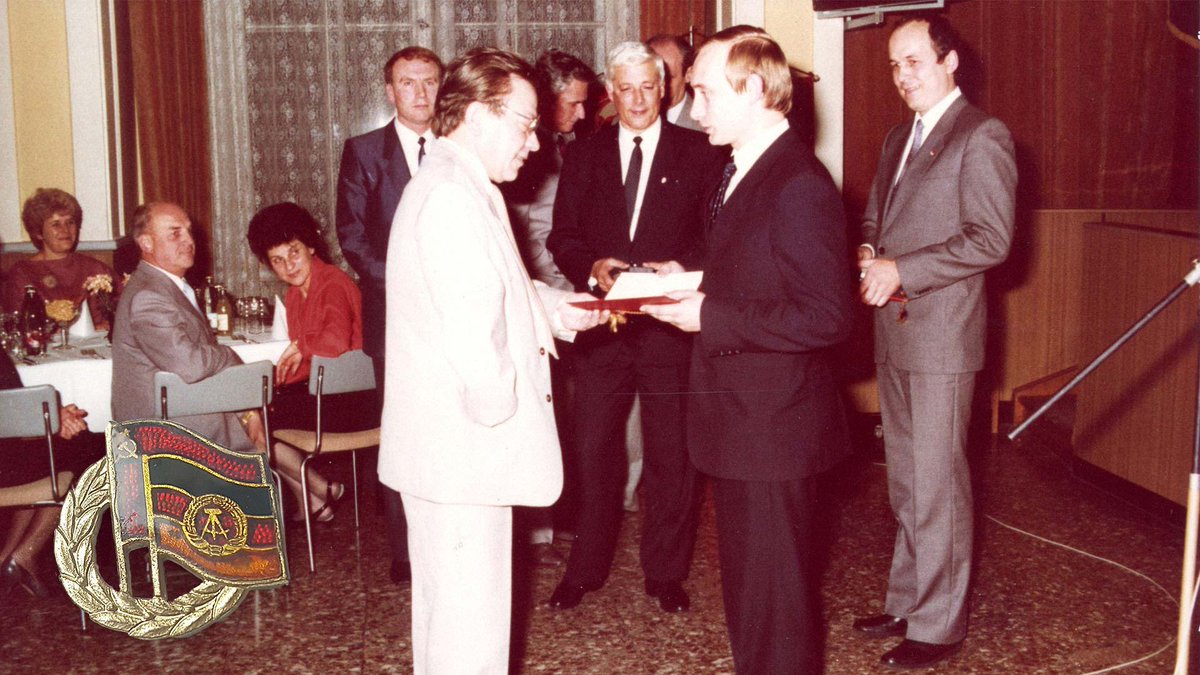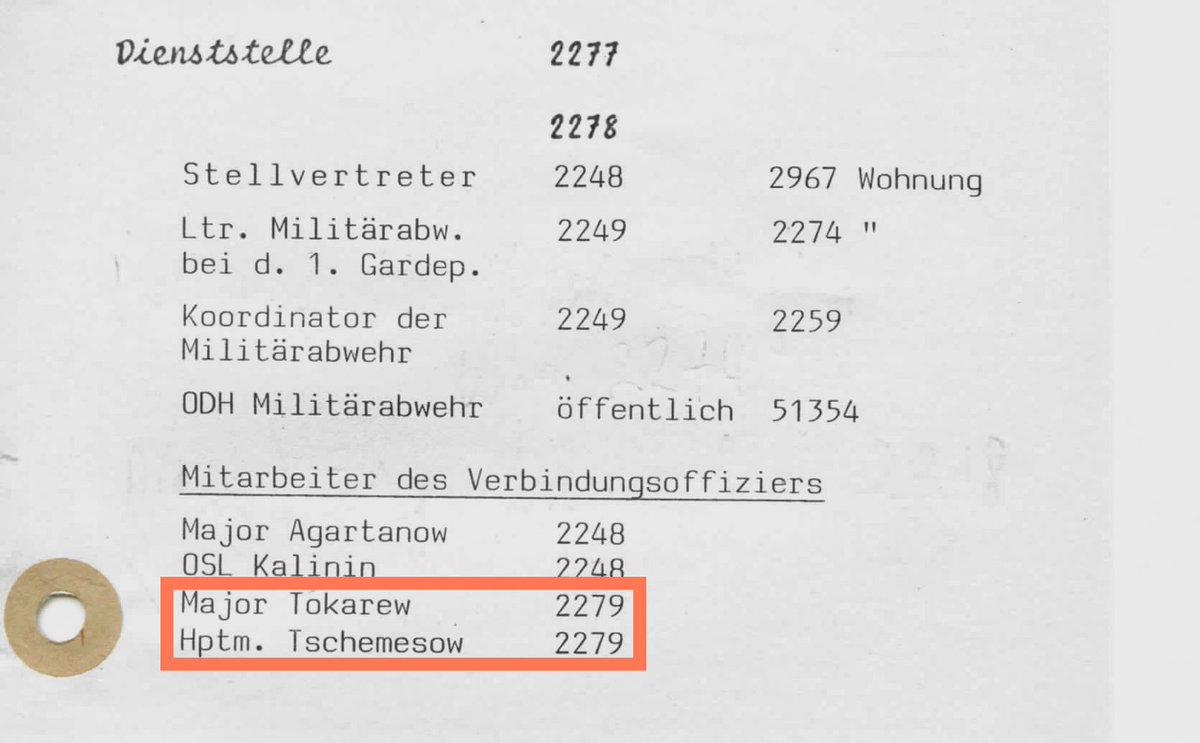
Tatiana @Stanovaya weighs in: After the poisoning and especially since his investigation into the FSB’s role, Navalny became a “systemic threat” to Putin’s regime, not just to isolated authorities/groups. That made him Putin’s personal problem. 1/5 t.me/stanovaya/924
Under these conditions, the Putin regime was simply incapable of allowing Navalny to remain free, and both the police and Kremlin media mobilized well in advance to legitimize Navalny’s imprisonment today. 2/5
This is just the beginning. Navalny, the Anti-Corruption Foundation, & its activity are now fundamentally incompatible w/ Putin’s regime. There will be more criminal prosecutions. Lots more. Navalny won’t be “allowed" in public again, except when he’s sentenced to more years. 3/5
The authorities will now ramp up the prosecution of others doing independent work, as well. That applies not just to activists but also to journalists, bloggers, students, teachers, and just any poor fucks caught in the crossfire. 4/5
Most important now is who prevails in the “big confrontation” that begins. The authorities are betting on the FSB and public despair, which leaves no room for dialogue with society. 5/5
• • •
Missing some Tweet in this thread? You can try to
force a refresh






